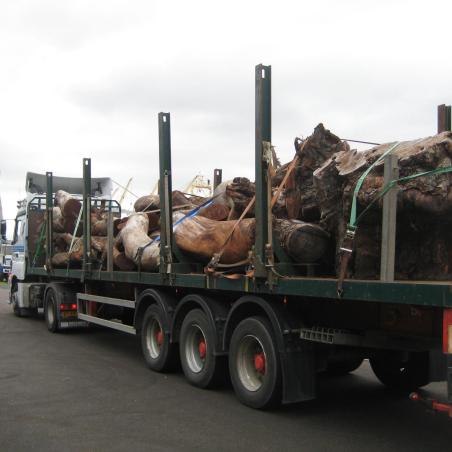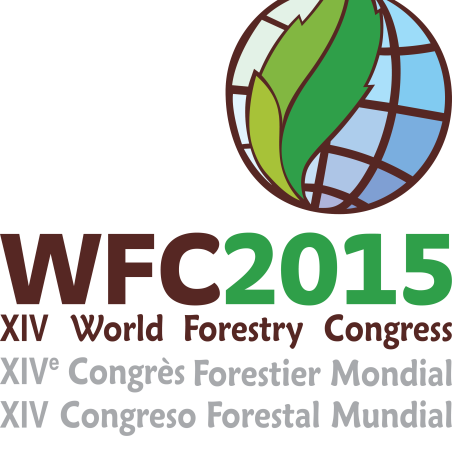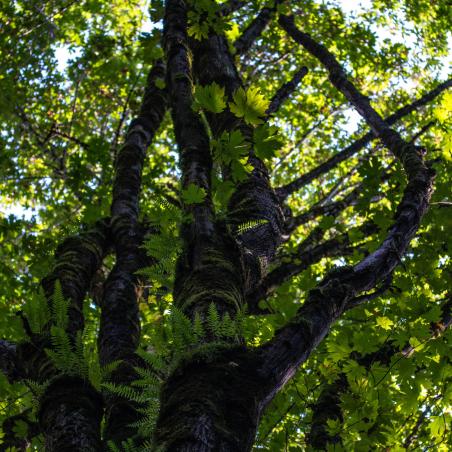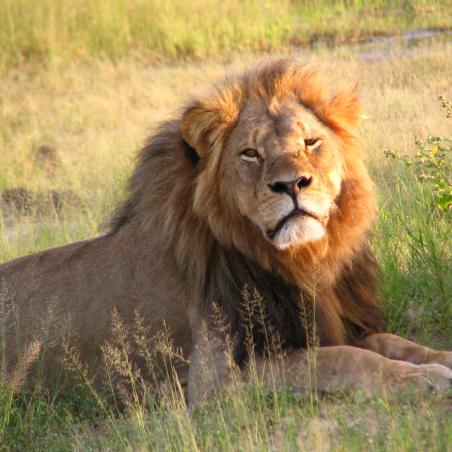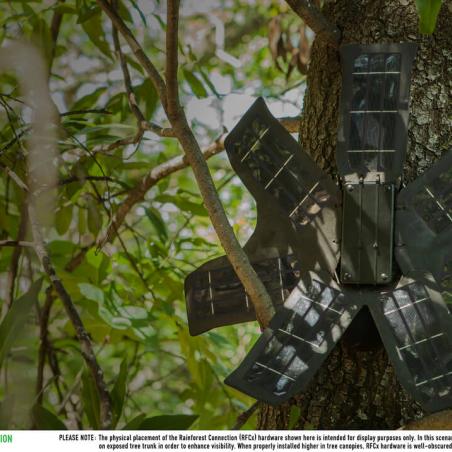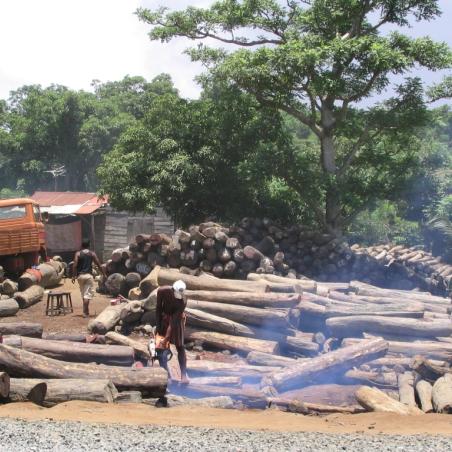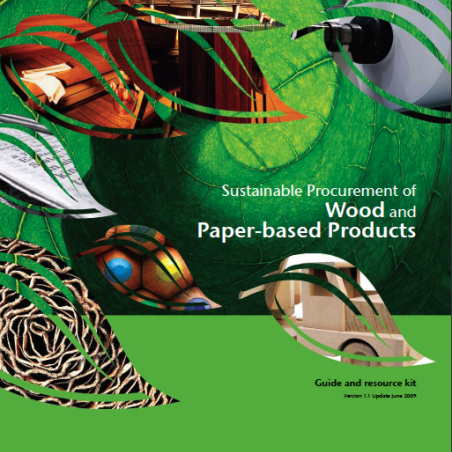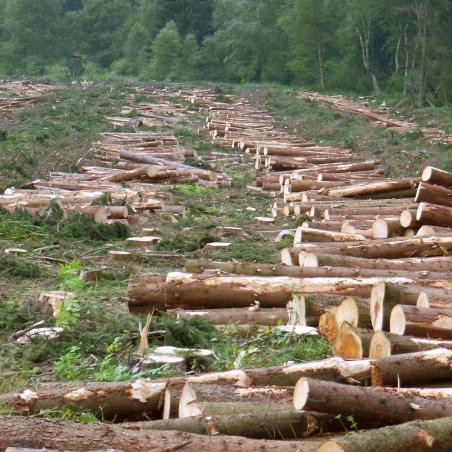News & Blogs
09/08/2015
4 Cutting-Edge Technologies to Catch Illegal Loggers
Type:
Blog Post
Illegal logging and trade in illegal wood is often hard to detect. Illicit loggers and traders will cut legally protected trees at night or in remote areas, disguise or mislabel wood, falsify documents, or work with corrupt law enforcement officers and smugglers in timber markets. Despite recent advances in laws to crack down on illegally sourced wood, for law enforcement agencies with limited resources and companies with complex, global supply chains, identifying illicit activity can be like trying to catch a shadow.
09/02/2015
South Africa Hosts World Forestry Congress: 4 Big Opportunities for Progress
Type:
Blog Post
More than 1,700 leaders from governments, civil society, business and academia will gather next week in Durban, South Africa for the 14th World Forestry Congress (WFC). Hosted by the UN’s Food and Agriculture Organization (FAO) just once every six years, the Congress is considered the most prominent gathering for discussions about challenges and opportunities facing the world’s forests.
08/21/2015
Northwest Lumber Mill First to Be Indicted on US Domestic Lacey Act Charges
Type:
Blog Post
A wood buyer from Washington State and his lumber mill, J&L Tonewoods, were indicted last week on charges of purchasing illegally harvested big leaf maples from the Gifford Pinchot National Forest in violation of the Lacey Act. The act bans illegal wildlife and timber trafficking, and the seven counts of the indictment are the first alleging violations within the United States. J&L Tonewoods processes and supplies big leaf maple for the custom musical instrument industry
08/18/2015
Beyond Cecil the Lion: How the Lacey Act Protects Wildlife and Plants around the World
Type:
Blog Post
The killing of Zimbabwe’s iconic Cecil the lion has sparked media attention and outrage around the world. Zimbabwean officials and the public are calling for the extradition of Walter Palmer, the U.S. game hunter who reportedly paid $50,000 to guides who lured the animal out of its sanctuary and onto private land, where the lion was killed and its skin and head were removed.
07/21/2015
WildTech.Mongabay.com: A New Online Hub for Innovation to Save Earth’s Biodiversity
Type:
News
Mongabay, RESOLVE’s Biodiversity and Wildlife Solutions program, and the World Resources Institute (WRI) have joined forces to develop an online platform to spark and share innovative, technology-driven solutions to address the alarming decline of Earth’s biodiversity.
07/08/2015
Brazilian police and scientists team up to crack down on illegal timber trade
Type:
Blog Post
Seven years ago, Brazil’s São Paulo State Environmental Police set out to crack down on the illegal timber trade. In 2011, during one of their most ambitious inspection operations, officers inspected nearly 350 trucks and more than 60 lumberyards in just two days. Discovering an array of violations, they responded by delivering 50 violation notices and issuing BRL $2.2 million (USD $1.4 million) in fines.
07/08/2015
More transparency & less risk: Realizing global commitments to eliminate deforestation from supply chains
Type:
News
Informed procurement choices can support the sustainable management of forests, help protect workers’ health and the rights of the people who depend on forests. Growing numbers of private and public sector actors are setting ambitious targets to eliminate deforestation from their supply chains. The question remains: How to implement and deliver on these commitments?
06/29/2015
Global Timber Forum Holds Second Meeting in Shanghai
Type:
News
This June, the Global Timber Forum (GTF) held its second session in Shanghai, China, bringing together over 100 representatives of the private sector as well as a number of governmental, intergovernmental and nongovernmental organizations that work with the forest products sector.
05/29/2015
Mapping Illegal Forest Clearings in the Brazilian Amazon
Type:
Blog Post
The Instituto Centro de Vida (Life Center Institute - ICV) recently released a report mapping illegal forest clearings in the Brazilian state of Mato Grosso. The analysis was part of a Global Forest Watch Small Grants Fund project to assess the legality of timber extraction by comparing tree cover loss vis-à-vis authorized forest management operations, indigenous territories and protected areas between August 2012 and July 2013.
05/15/2015
Apply for the Wildlife Crime Tech Challenge!
Type:
News
Calling all innovators! The Wildlife Crime Tech Challenge is a competition that will award Grand Prizes of up to $500,000 for the most impactful and scalable science and tech solutions to combat trafficking of terrestrial and marine wildlife.
